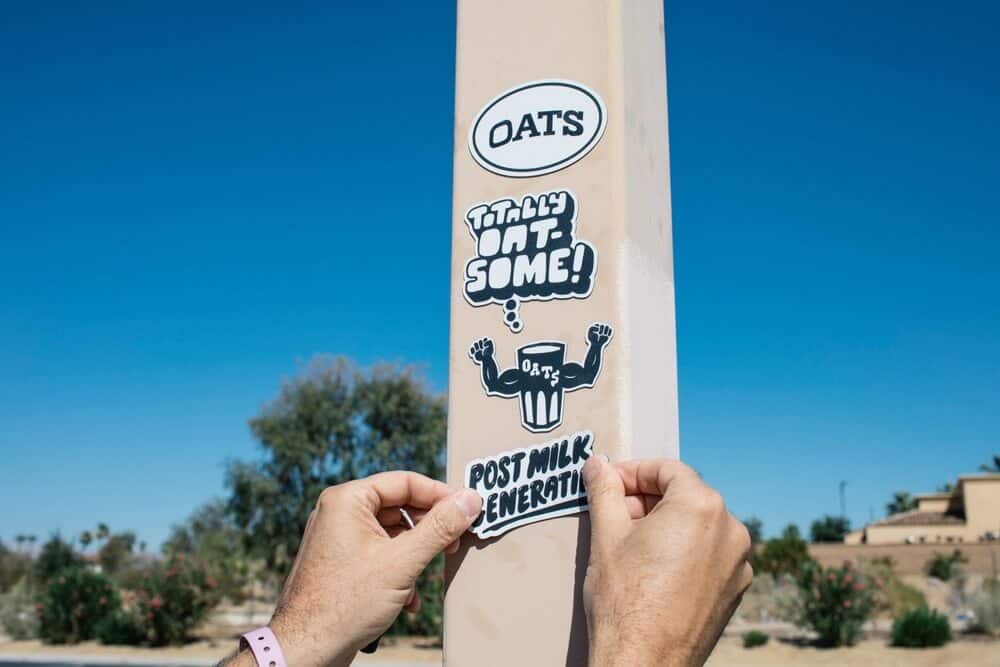
© Oatly
The plant-based industry witnessed a significant legal milestone as Swedish vegan food giant Oatly has emerged victorious in a four-year legal battle with Dairy UK Ltd. The High Court’s decision, led by Mr. Justice Richard Smith, allows Oatly to use the word ‘milk’ on its product packaging as part of its slogan ‘Post Milk Generation.’
This case pivots on the 2013 European Court regulations, which Dairy UK cited to challenge Oatly’s use of ‘milk’ for non-animal-based products. Judge Smith, however, emphasized the unlikely risk of consumer deception, noting that Oatly’s slogan does not suggest its products are dairy-based. He states, “The mark was not being used to define, designate, describe or name any food, foodstuff or food product, as opposed to describing its source,” as published in the court documents.
“The mark was not being used to define, designate, describe or name any food, foodstuff or food product”
Oatly, known for its oat-based drinks and witty marketing campaigns, faced an uphill battle after Dairy UK, representing major dairy players like Arla and Lakeland Foods, leveraged EU regulations mandating exclusive use of ‘milk’ for animal-derived products. The High Court’s decision refutes Dairy UK’s strict interpretation, as in this particular scenario, the word ‘milk’ is not being used to describe the product itself, which will remain labeled as ‘oat drink.’ Initially registered in 2019 but contested by Dairy UK, this ruling upholds Oatly’s right to use the ‘Post Milk Generation’ trademark.

International context of labeling debates
This ruling for Oatly is part of a broader, international debate on labeling in the plant-based industry. Globally, the sector faces varied regulatory challenges. In Chile, NotCo successfully defended its ‘Not Milk’ products, demonstrating through a study that 99% of consumers were not misled by its labeling. In contrast, South Korea has recently prohibited the use of terms like ‘beef’ and ‘pork’ on plant-based product labels, and Spain’s seafood industry has raised concerns over potential consumer deception by plant-based seafood labels. France and Australia are currently considering more stringent labeling laws, aiming to restrict the use of meat-related terminology for plant-based products.
These international cases highlight the growing tensions between traditional animal-based industries and the burgeoning plant-based market. Traditional industries often argue that plant-based labeling leads to “unfair competition” and “consumer confusion,” pushing for more restrictive labeling laws. However, recent studies consistently reveal that consumers are not generally confused by current plant-based product labeling, suggesting that these concerns may be overstated.
In this particular scenario with Oatly, the company has managed to sidestep regulations as Judge Smith comments, “In this case, the mark was registered for a variety of goods in different classes and, although it may well have been used in their marketing, it does not purport to market them as any particular product, let alone as milk. For the above reasons, I would allow the appeal.”
Source: vegconomist












NO COMMENT